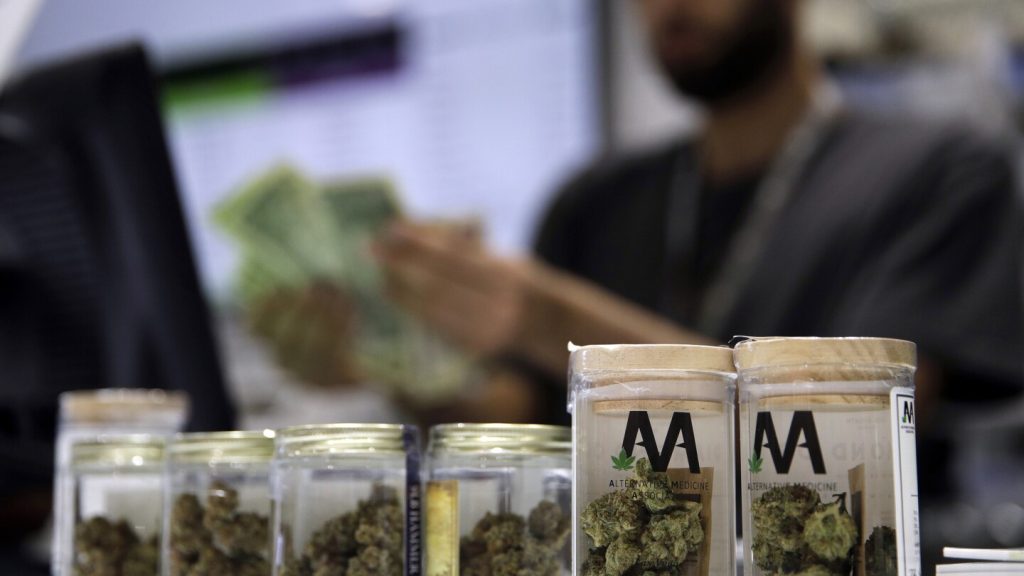A decision on whether to reclassify marijuana as a less dangerous drug in the U.S. won’t happen until after the November presidential election, potentially making it a political issue in the closely contested race. The U.S. Drug Enforcement Administration has set a hearing date for Dec. 2 to take comments on the proposed change, with a final decision likely to come during the next administration. Vice President Kamala Harris supports decriminalizing marijuana and believes it is wrong to classify it alongside heroin and LSD in the DEA’s Schedule I category. Former President Donald Trump has shown some support for legalization in the past, but his current stance on the issue is unclear.
Despite previous statements in support of medical marijuana, President Trump’s Attorney General Jeff Sessions lifted an Obama-era policy that allowed federal authorities to enforce marijuana laws in states where it is legal. The Justice Department proposed reclassifying marijuana in May to acknowledge its medical uses and lower potential for abuse compared to other drugs. The DEA has not taken a firm stance on the issue yet, stating that it will continue to review the proposal as the rulemaking process unfolds. The reclassification could significantly impact U.S. drug policy and may become a key issue for younger voters.
Opposition to the reclassification comes from groups like Smart Approaches to Marijuana, which argue there is not enough data to support moving cannabis to a less dangerous category. The DEA’s decision to hold a hearing has been seen as a win for opponents of the change, with 18 states’ attorneys general backing their opposition. The delay in the decision has caused some concern among industry players, who fear it could benefit the illicit market. Despite the delay, federal drug policy has been behind many states, with a majority legalizing marijuana for medical or recreational use.
The proposal to reclassify marijuana was signed by Attorney General Merrick Garland and followed a recommendation from the U.S. Department of Health and Human Services. With a growing majority of adults supporting legalization, the marijuana industry is eager for a change that would allow them to take federal business-expense tax deductions and have better access to banking services. Some advocates hope rescheduling could also ease restrictions on research and lead to the creation of a national medical cannabis program. However, concerns remain about the focus shifting away from those who could benefit from medical marijuana.
The impact of rescheduling on the criminal justice system may be limited, as federal prosecutions for simple possession have been rare in recent years. Lawmakers from both parties have supported the change, recognizing the shifting views on marijuana in the U.S. The discussion around reclassifying marijuana has become politicized, with conflicting opinions on the potential benefits and risks of the drug. Ultimately, the decision on reclassification may have far-reaching implications for the marijuana industry, medical research, and federal drug policy in the U.S.


